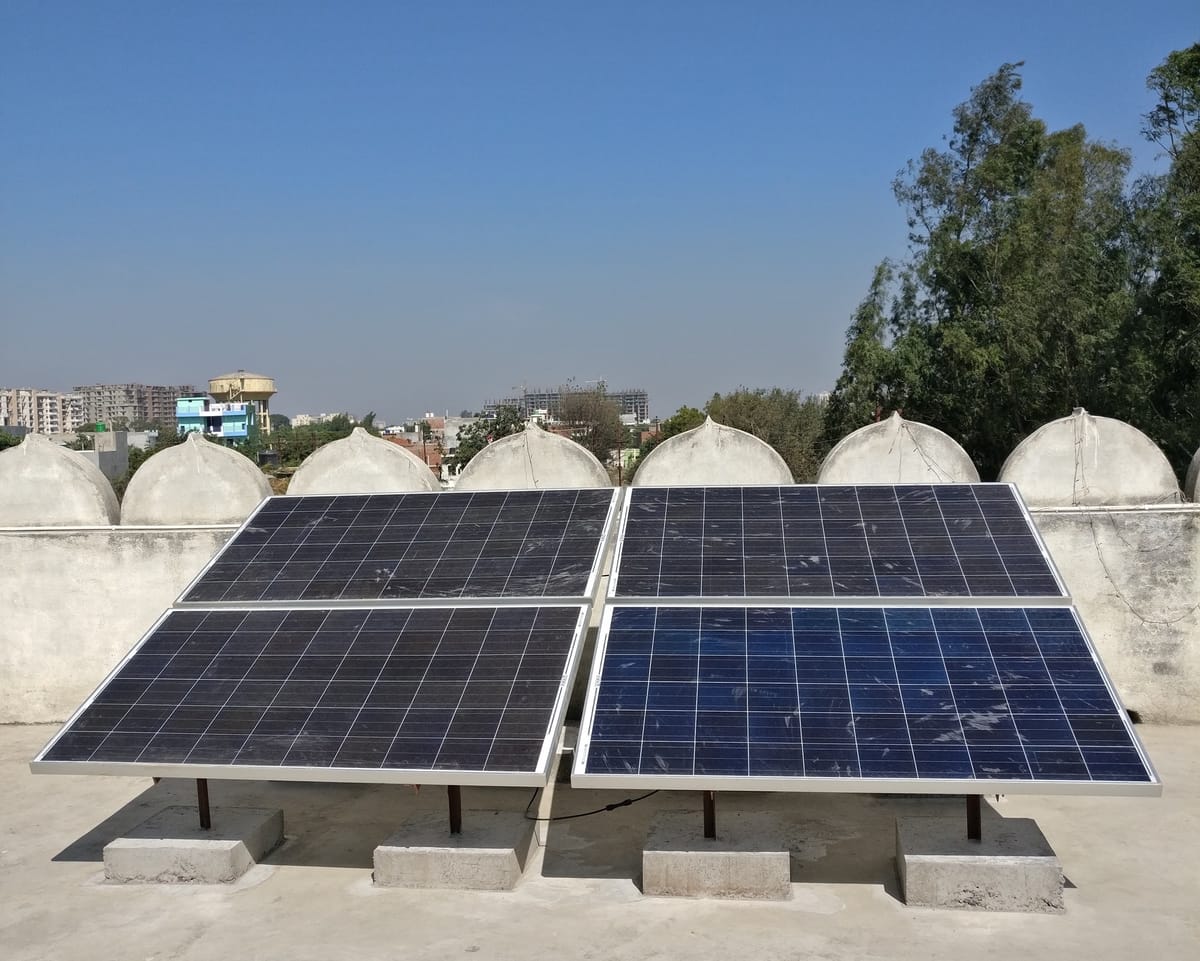Internews’ Earth Journalism Network has just announced a new renewable energy fellowship in India! Fellows will receive around Rs 90,000 for their project.
We’re super excited to partner with EJN on this and will be providing support for video and podcasting projects, so if you’re interested in doing some multimedia work don’t forget to mention that in the application! The deadline for proposals is May 15th, 2023.
Here are the full details:
(or visit these links for details in Hindi, Marathi or Tamil)
Content Production and Distribution of Information to Build Awareness about Renewable Energy in India
Internews’ Earth Journalism Network (EJN) is seeking to boost content production and distribution of information to build awareness about renewable energy in India, with a focus on Bihar, Maharashtra, Tamil Nadu and Uttar Pradesh. EJN will support the production of in-depth content on the subject, with the aim of improving access to quality information and raising awareness among policymakers, project developers, investors and observers.
Overview
Renewable Energy (RE) projects have been impacted by the Covid-19 pandemic and the ensuing global economic downturn. Challenges related to project financing, payment, regulations and evacuation infrastructure have added to the worries of RE developers. Still, the long-term prospects remain bright, as India seeks to install 500 GW of renewable energy capacity by 2030.
To improve public awareness about this issue, we are looking to provide fellowships to produce in-depth content on policy, financing, payment and infrastructure hurdles — and on effective strategies and solutions to overcome them.
Content themes
As noted above, we welcome proposals that focus on policy, financing, payment and infrastructure hurdles — and effective strategies and solutions to overcome them.
We aim to support the development, production and publication of reports that raise awareness about the status of the renewable energy sector and strategies to ensure its growth in India, especially in Bihar, Maharashtra, Tamil Nadu and Uttar Pradesh.
Proposals that focus on topics that have not been widely covered are preferred. Issues that have already received a lot of coverage or don't provide unique angles to challenges are less likely to be selected.
Full details and application at this link.

